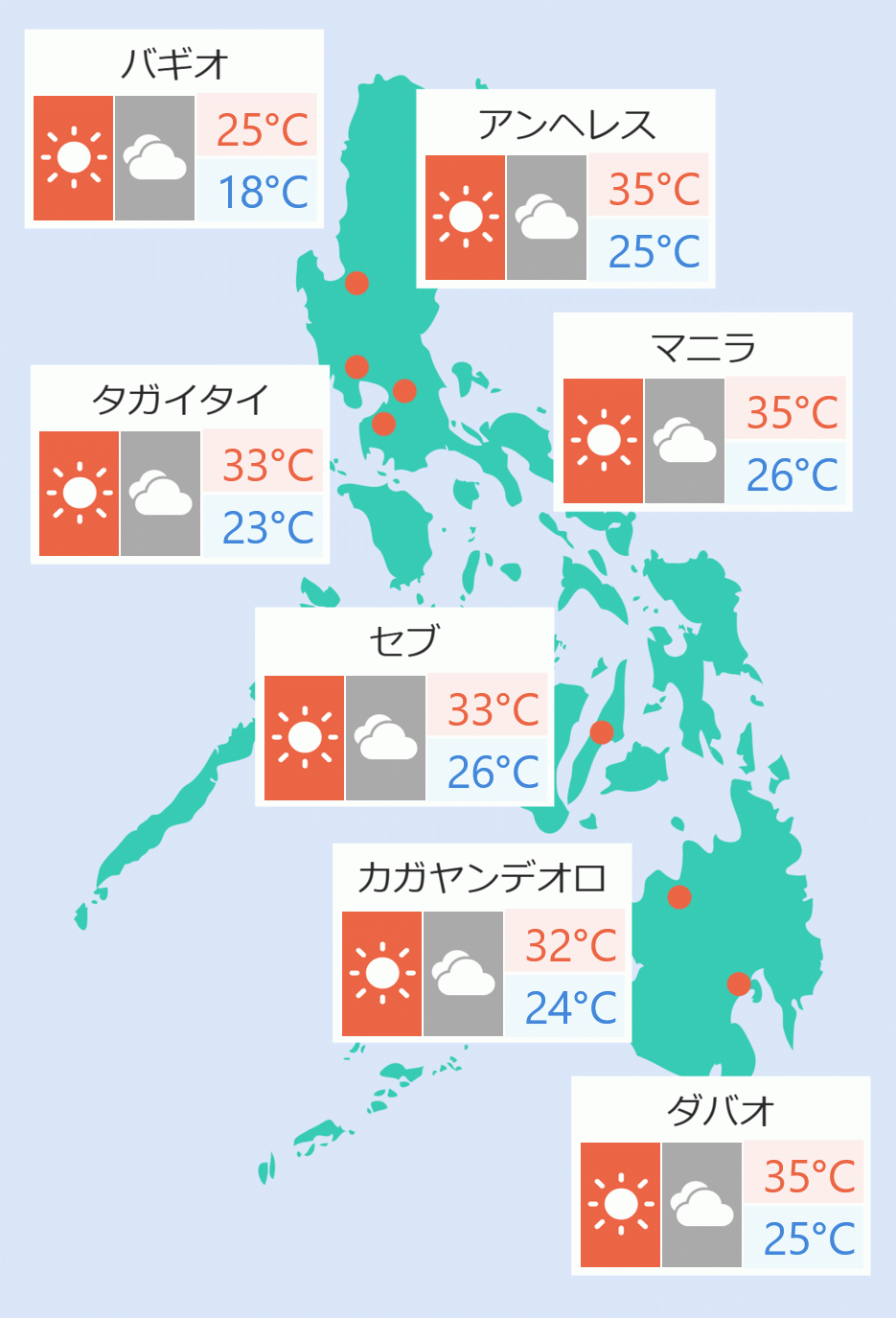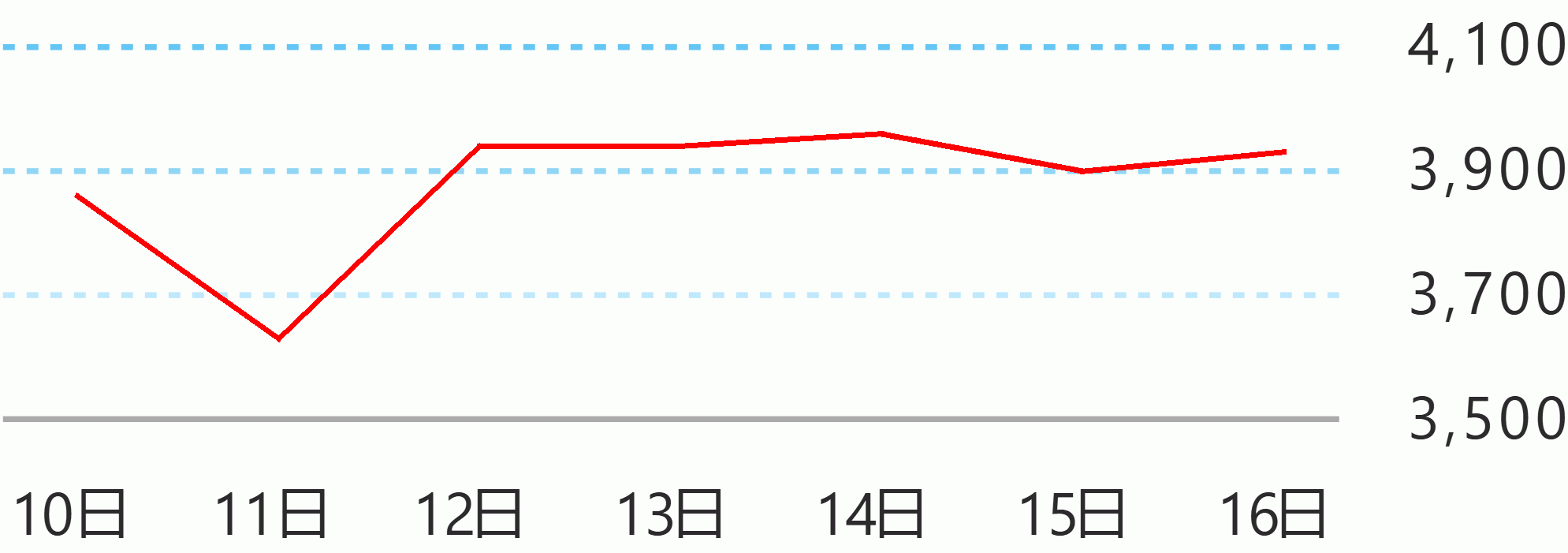OCTA Research said data shows the National Capital Region can be placed Alert Level 1 on March 1 but noted that the Department of Health (DOH) requires a higher vaccination rate for the NCR to be de-escalated.
"We only look into the metrics and because the positivity rate is less than 5 percent, and the healthcare utilization is only 25 percent, as well as the low ICU utilization, so we think in the perspective of numbers. Maybe by next week, by March 1 we can go down to Alert Level 1," Guido David, OCTA Research Fellow said during the ''Laging Handa'' virtual public briefing on Tuesday.
David said OCTA will support the decision of the government on declaring the country's alert level classification.
"We support the decision of the national and local government, of course they are the one who will decide if we will be placed under Alert Level 1. I heard earlier (Health) Secretary (Francisco) Duque is waiting for a metric that the target vaccination for priority groups should be around 80 percent," he said.
Acting Presidential Spokesperson and Cabinet Secretary Karlo Nograles in his virtual Palace briefing said Duque has announced there is a need to reach the 80 percent vaccination rate for A2 (senior citizen) and A3 (person with comorbidities) population in an area before it will be placed under Alert Level 1 as an additional metric or parameter, aside from fully vaccinating the 70 percent target population.
During the Palace briefing, Health Undersecretary Maria Rosario Vergeire explained that the vaccination requirements for A2 and A3 increased to 80 percent to protect them when the government goes down to the new normal.
"The very reason we are having this kind of target, an increased target for senior citizens and those with comorbidities, is because we know they are the most vulnerable when it comes to COVID-19," she said.
"We want, if we de-escalate to Alert Level 1, the new normal, (that) our vulnerable population are protected like an additional safeguard to avoid our healthcare system getting overwhelmed if ever there is another surge of cases," she added. Robina Asido/DMS




 English
English











